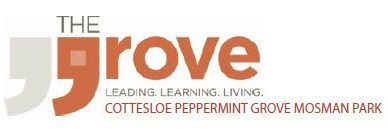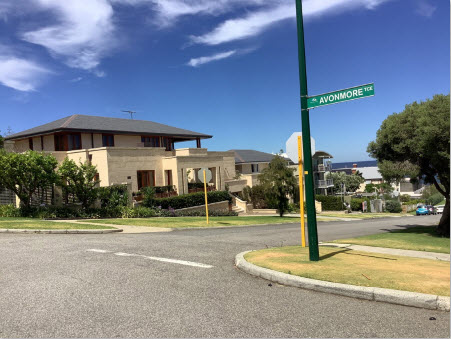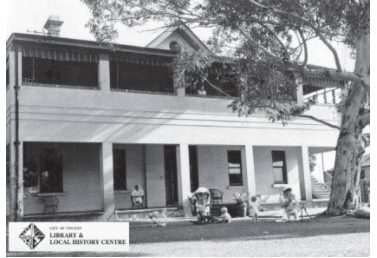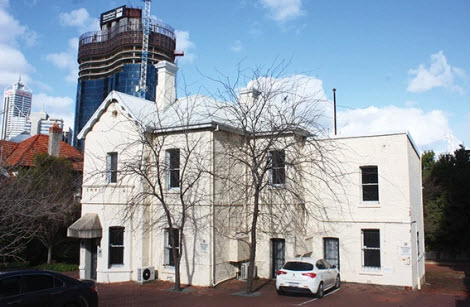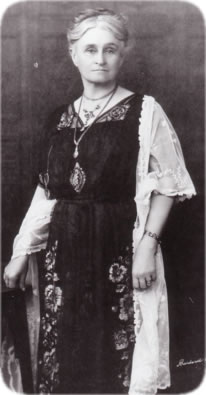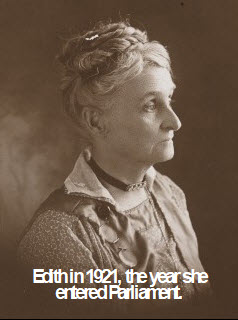by Hilary Silbert
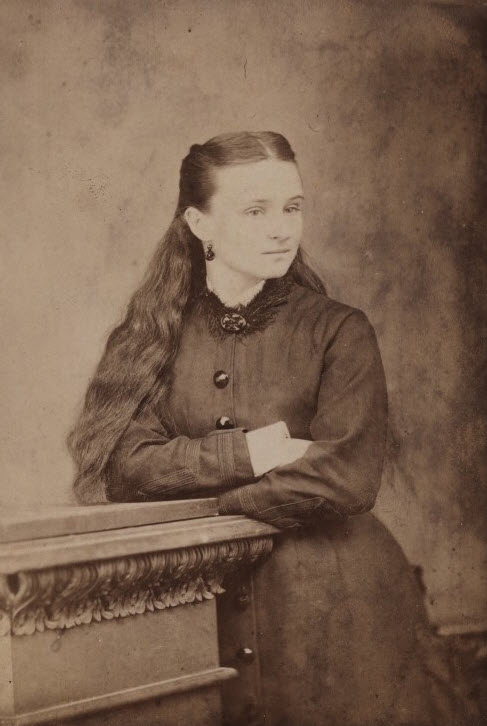
Now why would a memorial committee fight for two years to commemorate someone, and even face litigation and court to achieve their goal? Well, the answer is, that they thought that the person at the centre of the controversy was amazing, worthwhile and had a lifetime of achievement. That person was the woman on the $50 banknote…Edith Dircksey Cowan.
The memorial that caused such division is the Edith Cowan Clock Tower, at the entrance to King’s Park, West Perth. It is the most significant memorial to a woman in Australia and was unveiled two years after Edith died, on June 9th, 1934.
March 12th, 1921 was the day Edith changed the face of society, forever. A hundred years ago, she stood for election along with three other women. It was the first election women could legally stand, and twenty two years after women had the vote. For Edith it was entirely natural: you achieve the right to vote, so, of course you stand for parliament. Edith Dircksey Cowan, OBE., JP., became Australia’s first woman parliamentarian, and was right up there, in the early days of woman in Parliament, in the world. She only decided to stand four weeks before Election Day, she stood against another member of her own party, and to the shock of everyone, she was successful. She knew it was a tough nut to crack, so she even designed a brooch that she gave to her supporters.
Edith, who came from a property outside Geraldton and was an orphan by aged 15, managed to quietly build a track record of achievements that few could hope to emulate. She was founding organisations such as Women’s Service Guild, RSPCA, Karrakatta Club, Ngala, to fight for our first maternity hospitals with trained midwives, advocate for women officers in court and become one of the first women justices. She wanted married and unmarried mothers treated equally, sex education be taught in schools, and believed men and women could work collaboratively.
At 59 years of age, married and with five adult children, Edith rewrote history. As Australia’s first woman in any parliament, she just happened to live across the road from the West Australian Parliament. She was the elected member for West Perth, and even beat the Attorney General. She walked across the road to attend. Fortunate that, because there were no female facilities, so she came home to use the bathroom. That did not stop her having the Speaker’s Gallery open to women for the first time, and achieving two private members bills. Quite an achievement for a first term parliamentarian. Society changed again, thanks to Edith being responsible for the Women’s Legal Status Bill, in 1923. Only ninety eight years ago, could women enter the professions, for the very first time. This affected all the society of the day: men, women, daughters, sons, husbands, wives.
Edith came from pioneering background: one grandfather was the first Colonial Chaplain, Reverend John Wittenoom. Her belief in the necessity for education for all was inherited from family. She was well read, well travelled and believed that organisations were greater than the individual. She was an excellent speaker, and served her community all her life. Her home in Malcolm Street, was the location of many meetings, and was a place to gather. She and her daughter, Dircksey, were founders of the Royal WA Historical Society.
If you visit the Edith Cowan Clock Tower, it is a short walk to see the tree Edith planted because she was on the 1929 Centenary Committee, when WA celebrated one hundred years. Down the hill, in Malcolm Street, is the site of her two homes: number 31 and 71.
So, here is to you, Edith Dircksey Cowan, née Brown. Thank you for changing our lives in a thoughtful and positive way. May we all recognise and acknowledge your contribution.
THE BROWN FAMILY
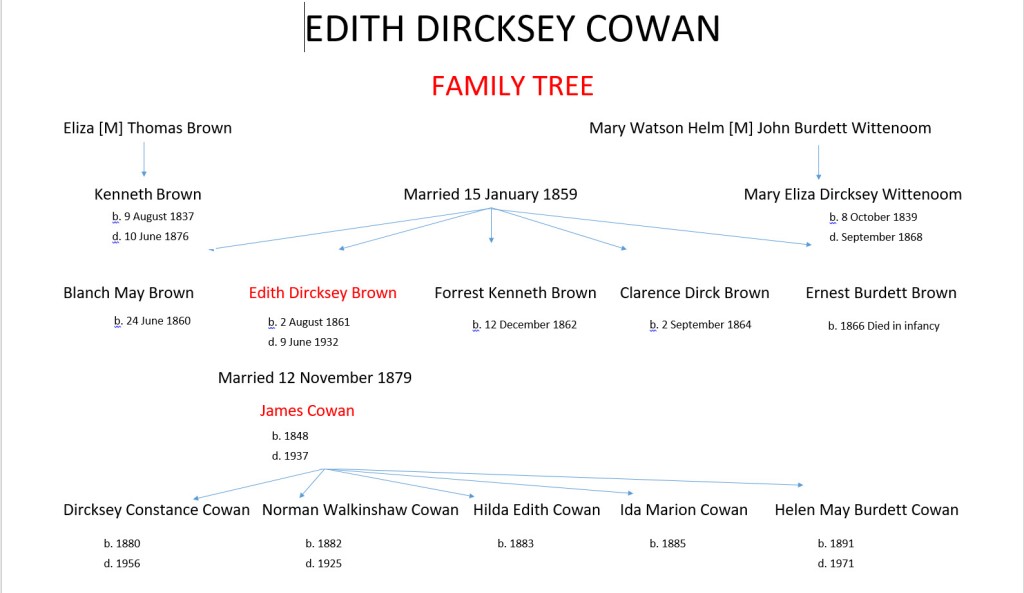
Edith Dircksey Brown was born on 2 August 1861 to Kenneth Brown and Mary Eliza Dircksey Wittenoom. Edith was one of five children born to the couple. Mary sadly died during the birth of her 6th child in 1868. Edith was just 7 years old.


Kenneth married his second wife, Mary Ann Tindall in 1873. By 1875 the marriage showed signs of distress. There are numerous accounts of public quarreling. Sadly in January of 1876 Kenneth ended the troubled marriage by shooting Mary. Brown was found guilty of willful murder and sentenced to death. He was hung at Perth Gaol that same year leaving Edith an orphan at the tender age of 15.
THE COWANS OF COTTESLOE
Despite the trauma and public humiliation associated with her father’s execution, Edith married James Cowan in 1879. Edith was just 18 years old and James was 31.
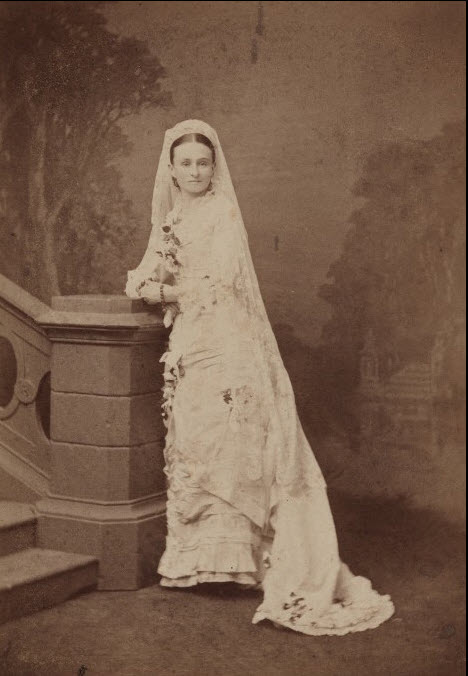
Parliament.wa.gov.au
Edith went on to deliver four daughters and a son between 1880 and 1891.
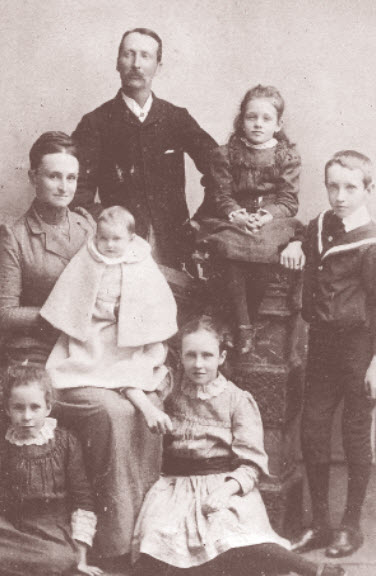
https://www.parliament.wa.gov.au
The Cowan family moved to “Bleak House” on the corner of Rosendo Street and Avonmore Terrace in Cottesloe in 1896.
A TIRELESS CAMPAIGNER
Impressively while raising a family of 5 children, Edith had already commenced her advocacy for women’s rights. This tireless campaigner contributed to the establishment of Mercy House, a refuge for unmarried mothers which was ultimately opened in 1890. Edith was also a co-founder of the WA branch of the Royal Society for the Protection of Animals which was established in 1892.
In 1986, James and Edith commenced a tour of Europe. That same year Edith founded the oldest Women’s club in Perth – The Karrakatta Club.
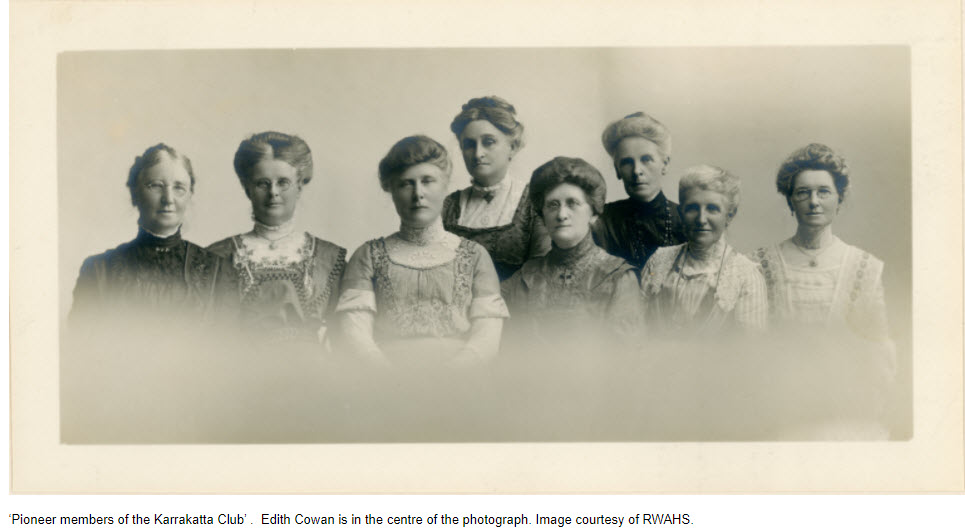
Just two years later, Edith campaigned for state education and was elected to the Education Board of North Fremantle. By 1902 Edith had founded the National Council of Women, a body dedicated to the advancement of women in the community. Another two years and Edith was serving as an associate member of The Ministering Children’s League. An organisation established to support children’s charities and encourage children to do ‘a good deed a day’ to help those less fortunate than themselves.

A further two years and Edith had founded The Children’s Protection Society: a volunteer service aimed at ensuring illegitimate children (and their mothers) were not abandoned by their fathers and that those children were cared for and did not become wards of the State.
By 1909 Edith had assisted in the founding of the Women’s Service Guilds of Western Australia: “a core feminist connection for the exchange of feminist strategies and ideas with international feminism for much of the twentieth century. While typified as conservative, the Guilds anticipated many radical trends and were at the forefront of activism which challenged the political and social boundaries that excluded women from participating fully in society. They worked to raise the status of women and improve the welfare of children, primarily through legislative reform and initiated a wide range of campaigns on local, national and international levels.” The Guilds saw the education of women as the most effective way to improve women’s legal status.
Another two years and Edith became a delegate at the 1st Conference of the District Education Boards where she proposed the establishment of secondary education. Around this time James and Edith moved to 31 Malcolm Street in West Perth.
With the outbreak of World War I in 1914 Edith’s work turned to the troops. During this period, around 330,000 Australians went overseas to fight for Britain. Almost two thirds of them were either killed or wounded. Edith began to raise funds for the Red Cross and became the Chairperson of Red Cross Appeal Committee. She also worked to set up Soldiers’ Welcome Homes and through these institutes arranged help for those returning from war. For this patriotic support Edith was awarded the Order of the British Empire [OBE] in 1920.
That same year, Western Australia passed legislation allowing women to stand for parliament. At the age of 59, she stood as the Nationalist candidate for the Legislative Assembly seat of West Perth because she felt that domestic and social issues were not being given enough attention. She won a surprise victory, defeating Thomas Draper, the Attorney General, who ironically had introduced the legislation that enabled her to stand. Edith was the first woman to be elected to an Australian parliament. She campaigned for women’s rights while in office, pushing through legislation which allowed women to enter the professional workforce and succeeded in giving mothers an equal right over matters relating to their children. Reference.
The Inaugural Speech
The centenary of Edith maiden speech in Parliament is on 28th July 2021. Hilary Silbert explains the significance of this momentous occasion.
“I stand here today in the unique position of being the first woman in an Australian Parliament.”
Edith Cowan was given the honour of moving the Address-in-Reply speech, which is the response to the Governor’s Opening of Parliament. The seconded to the speech was C.G. Latham.
In stark contrast, she was not given the usual protocol of an uninterrupted Maiden or Debut Speech.
A total of eight politicians interjected during her speech, including Premier James Mitchell. She was interrupted fourteen times, with one Member speaking five times.
There was an artillery salute of nineteen guns fired in King’s Park to mark the Opening of the Eleventh State Parliament, by His Excellency, Sir Francis Newdegate. The number of visitors at Parliament House, West Perth, was unprecedented.
Edith’s entire speech can be read HERE
During her time in office, Edith introduced numerous bills to Parliament. In 1922 she introduced the Administration Act Amendment Bill and the following year the Women’s Legal Status Bill.
The Administration Act Amendment Bill 1922
Mrs COWAN (West Perth) [28 July 1922]
In moving the second reading said: I have been asked to move this Bill in the interests of the mothers of Western Australia. They are anxious to be placed on exactly the same footing as the father in the case of sons or daughters dying intestate. I think we all now realise that no man wishes his wife to be on any different footing from himself, that is, when he comes to think about the matter. I feel sure the House will be with me in regard to this Bill, more especially when hon. Members realise it is the earnest desire of women to be placed on an equal footing with men in this respect. The measure merely asks for equality between husband and wife.
The Women’s Legal Status Act 1923
Mrs. COWAN (West Perth) [5 September 1923]
In moving the second reading said: I am bringing forward this Bill at the instance of the women of the community through their various organisations. We are desirous of having women put on a reasonably fair footing in point of holding offices and positions now closed to them. The Bill amends the law in respect of women’s disqualifications. Probably I shall be told that the Interpretation Act would meet all our difficulties. But so far from its doing that, every time women desire admittance to any further professions or posts, some special Bill has to be brought in to amend the Interpretation Act. If the Bill before us is passed, we shall not have to be continually coming to Parliament in order that women may be admitted to various functions and offices from which they are now debarred. Similar legislation has been passed in Great Britain and in New South Wales. In other parts of the world also women are admitted to many professions and avenues of employment not open to them in this State. For instance, everybody thought our Interpretation Act covered equal citizenship, really a matter enabling women to sit in Parliament. It was thought the Interpretation Act would have sufficed, because it is there prescribed that the masculine gender includes the feminine gender. Yet to enable women to sit in this Parliament you had to amend the Act, making it clear that the word “person” included female as well as male. For instance, we feel it is desirable that women should be admitted as barristers. There is nothing in the Barristers’ Act to prevent it, but when application was made to admit a woman the judges held that the Act did not originally intend that women should be admitted. We were told by Judge Parker that if the Legislature desired that a women should be capable of being admitted as a practitioner of the court, or indeed if the Legislature desired that a woman should be capable of being admitted as a practitioner of the court, or indeed if the Legislature intended to make women eligible for admission to the court, they should have said so in express language as, he believed, had been
done in New Zealand.
Sadly Edith lost her seat at the 1924 election and failed to regain it in 1927. She continued campaigning and working for the community, co-founding the Royal West Australian Historical Society in 1926 and sitting on the working committee for WA’s Centenary Celebrations in 1929.
The Magic of 100 and 1000
By Hilary Silbert
Who would have thought that the numbers 100 and 1000 would have anything to do with acknowledging the century of the election of Edith Dircksey Cowan, Australia’s first woman parliamentarian, and one of the first in the world?
March 2021 was 100 years since Edith Cowan was in the unique position of such an historic first. March 2021 was another state election for Western Australia. Here is where the numbers come in. Twenty one women were newly elected to the State Parliament, and into both Houses (Legislative Assembly and Legislative Council), this bringing the total number of women in WA Parliament to move from 93 to pass 100, for the first time in history.
With this new additional group of women MPs, it pushed the number of women in all Australian Parliaments (Federal, State and Territory) to over 1000. So a century to achieve a hundred female politicians in the Western Australian Parliament and one hundred years from Edith Cowan’s historic election, to achieve 1000 women in Parliament across the nation.
Edith’s Legacy
The Edith Cowan Clock Tower is found in Kings Park. It was built in 1934 to commemorate her achievements. It was the most significant memorial ever dedicated to a women in Australia at that time.
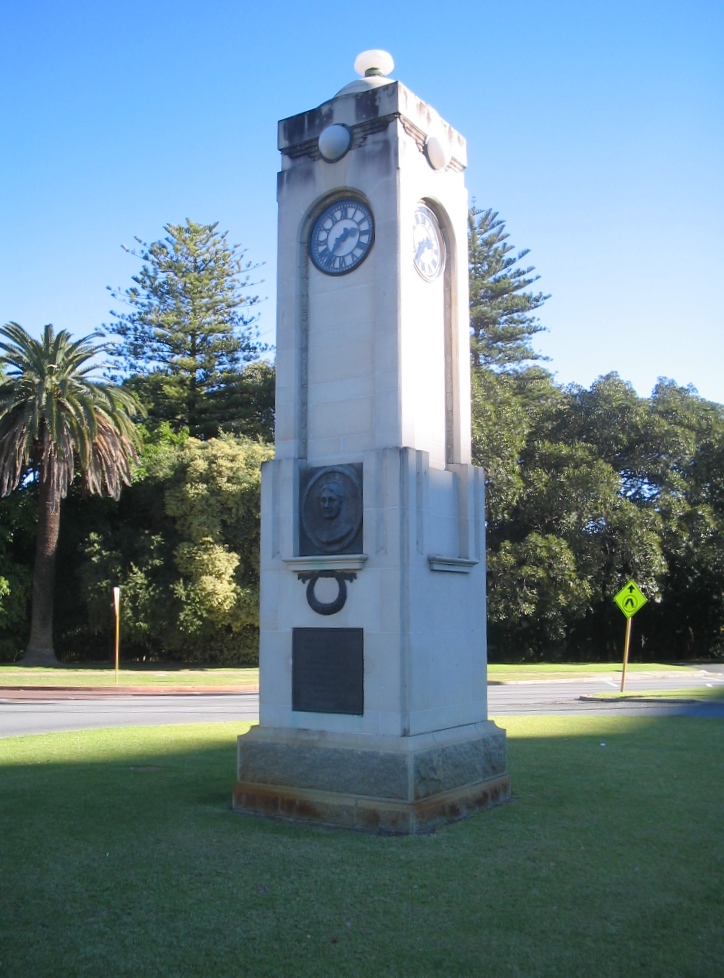
The $50 bank note, 1995 and 2018
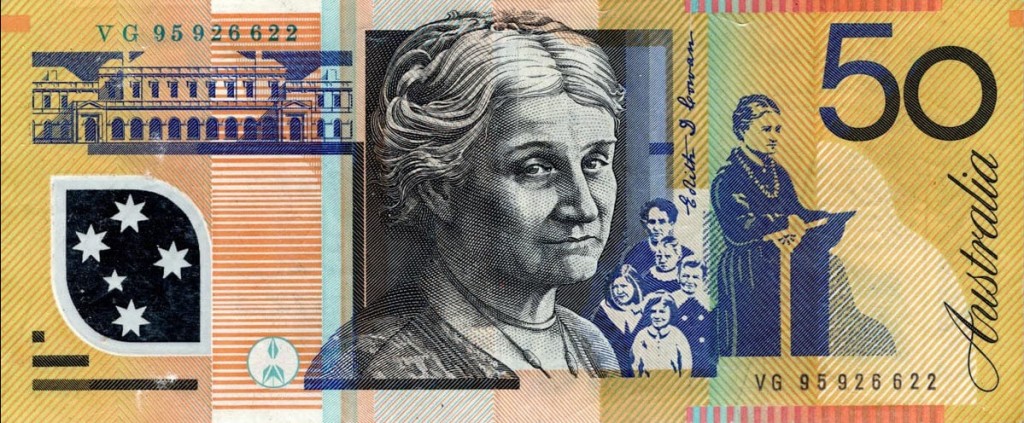
St George’s Terrace plaque. In 1979 a plaque dedicate to Edith was laid in St George’s Terrace to commemorate the State’s 150th anniversary.
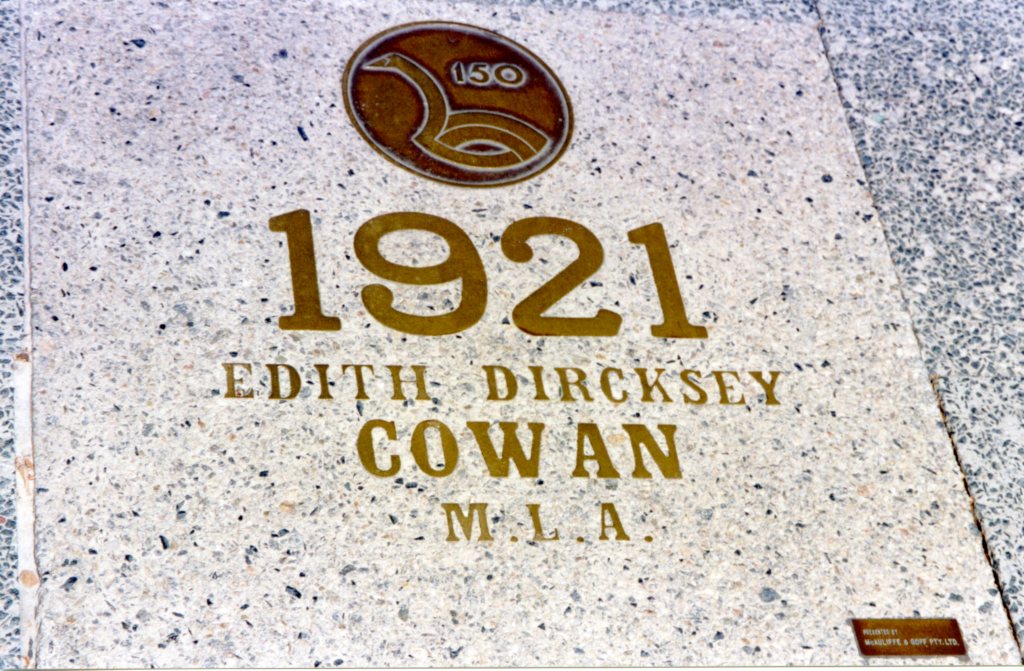
Australia Post Stamps, 2021

Edith Cowan University
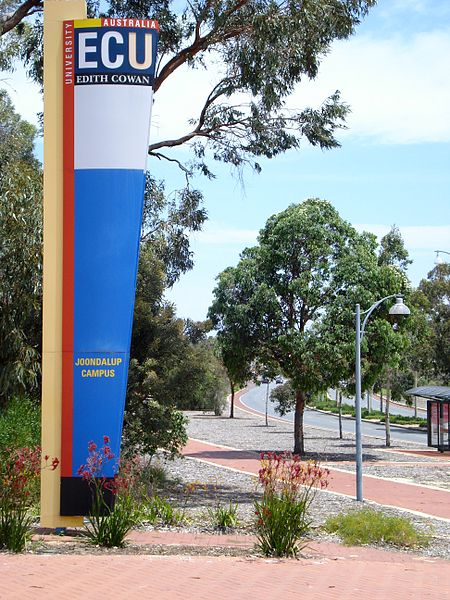
And a multitude of exhibitions and websites!
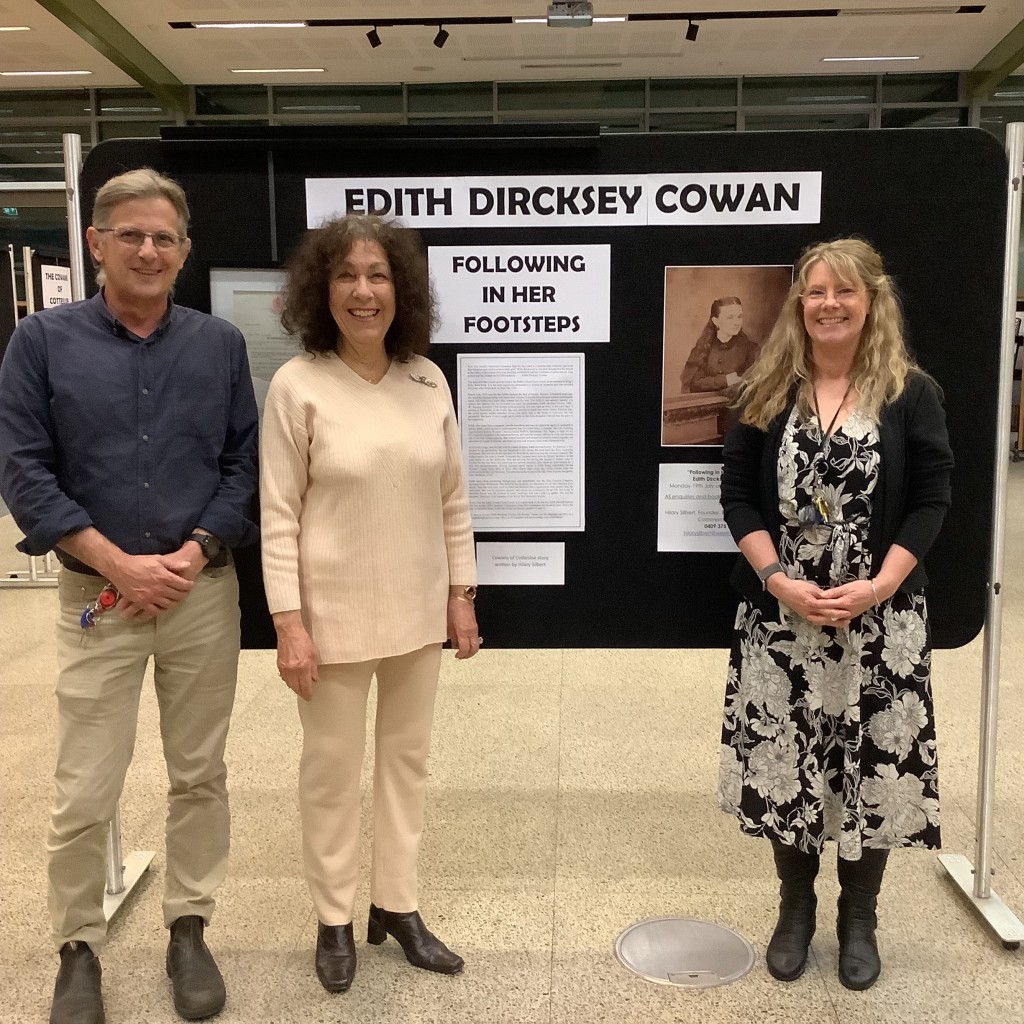
Image courtesy of Lee Tate
This is our tribute to the woman who worked so tirelessly for the rights we, as women, enjoy today.
Thank you Edith!
